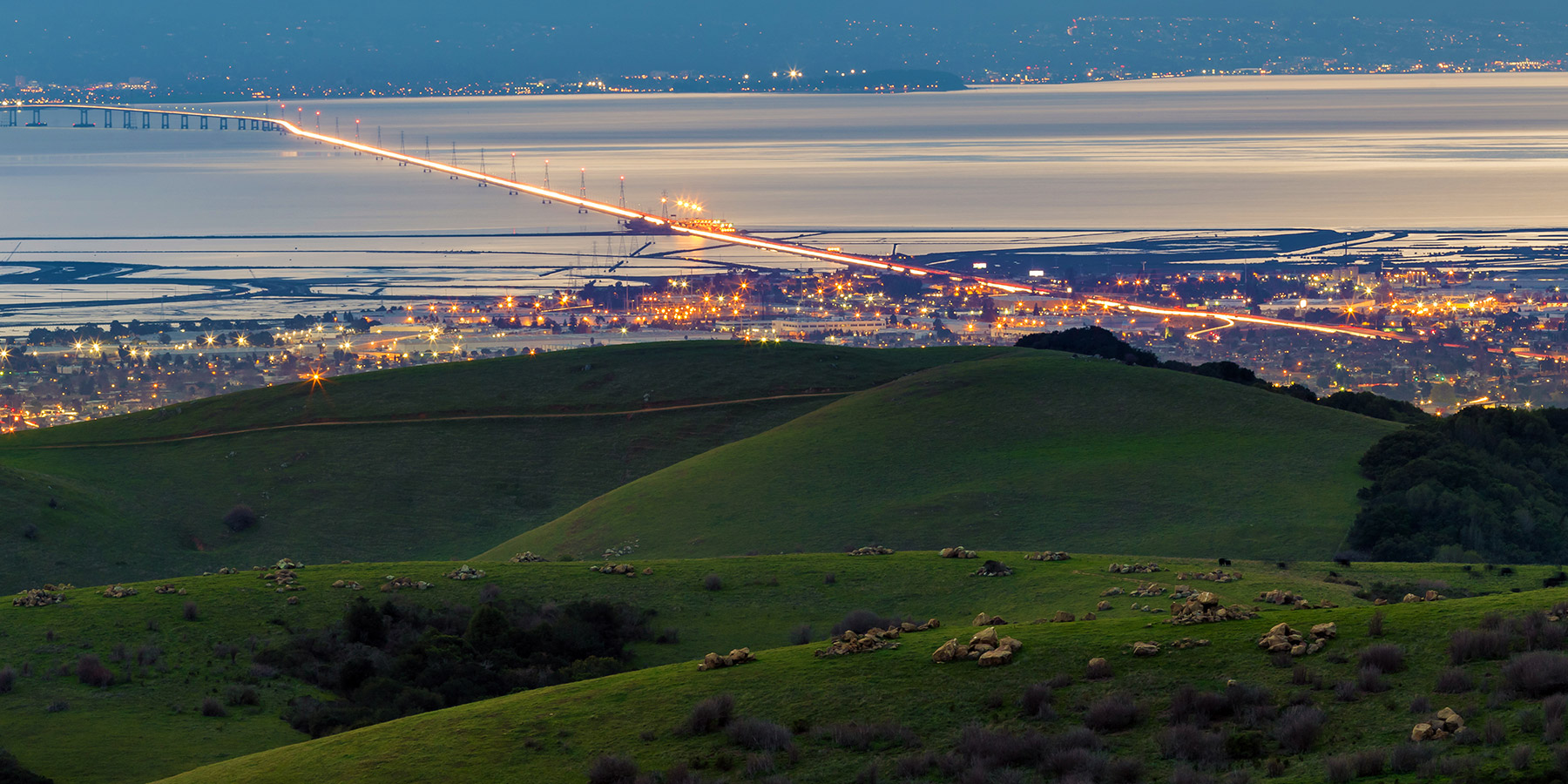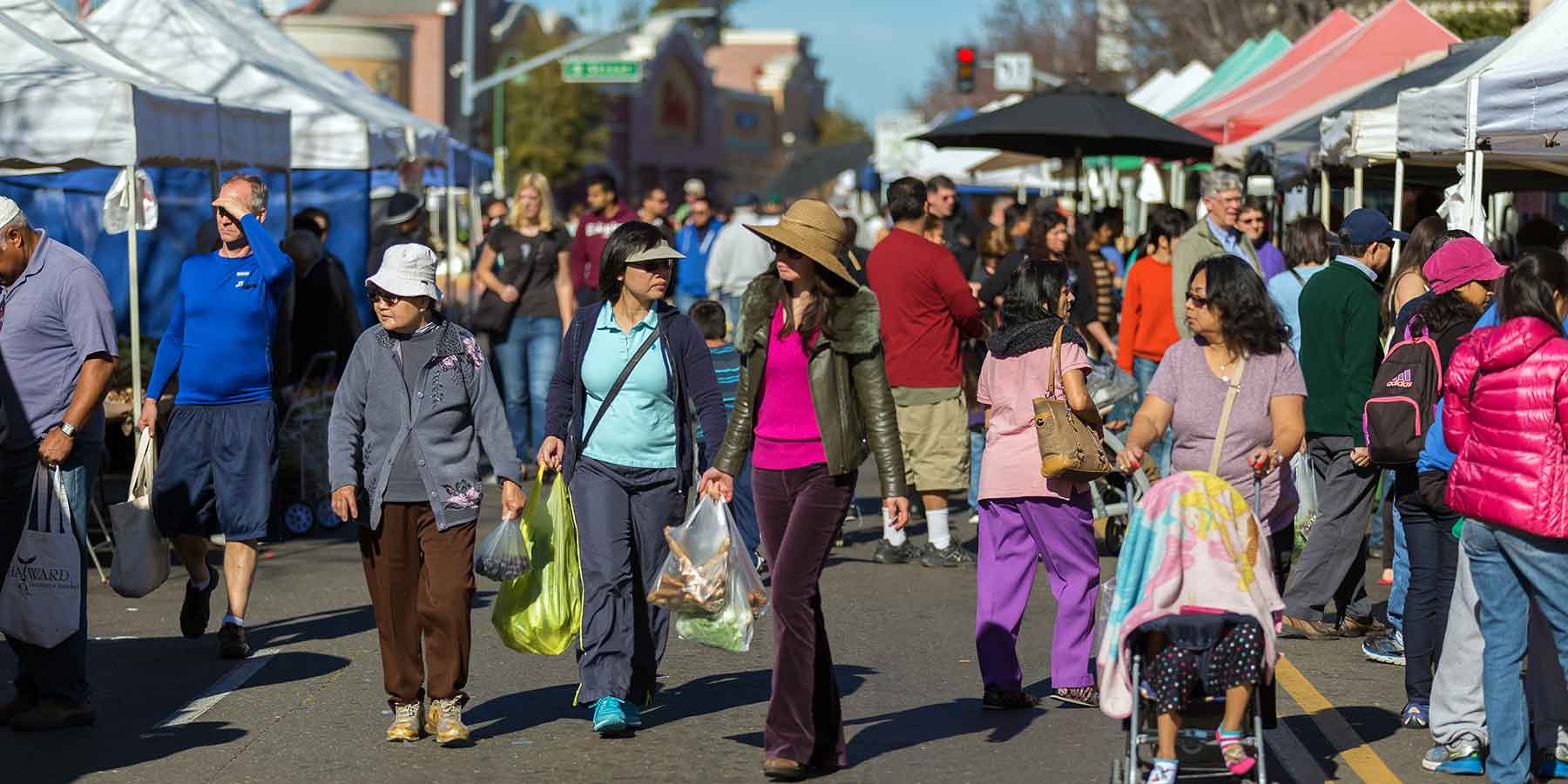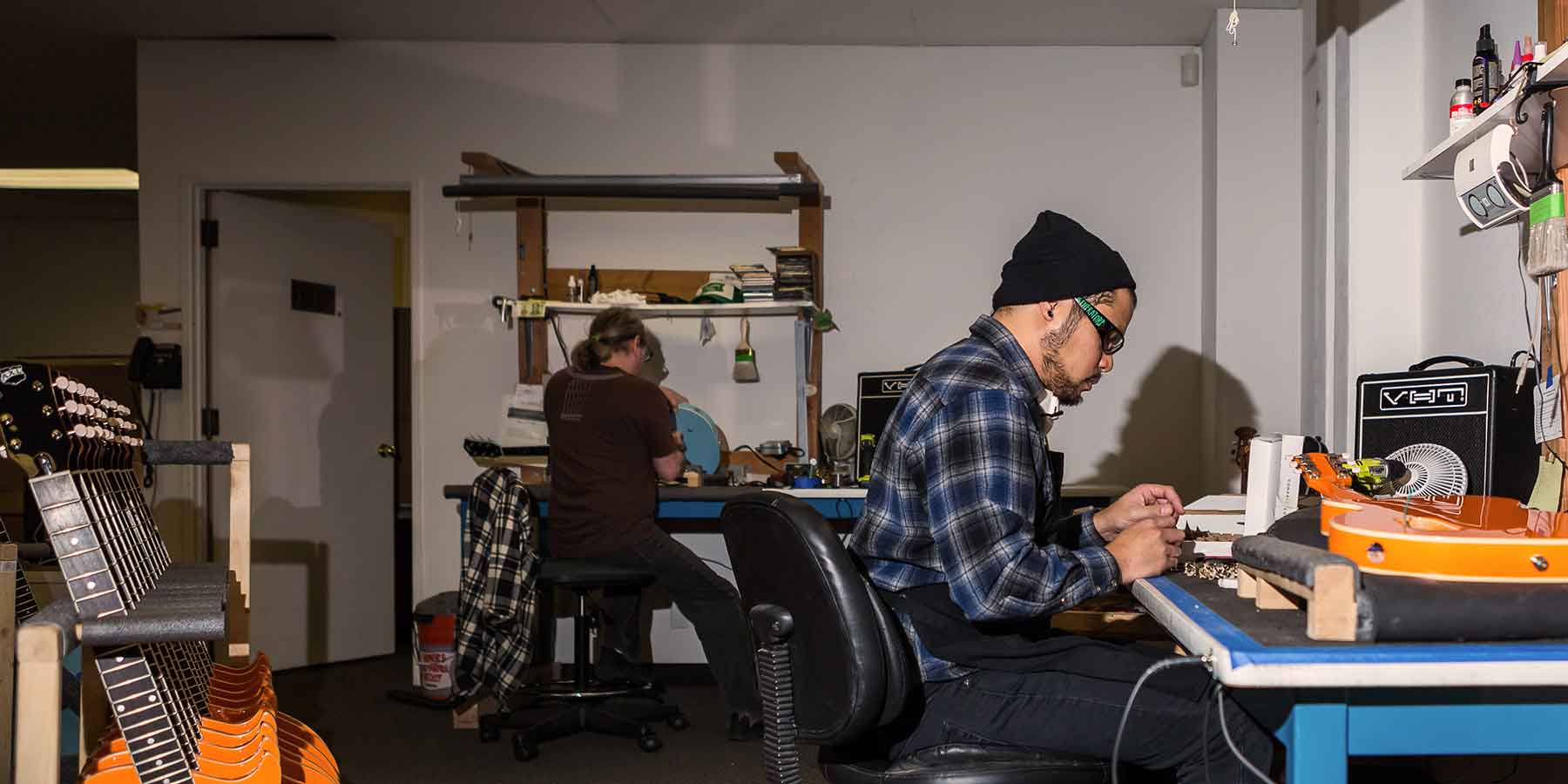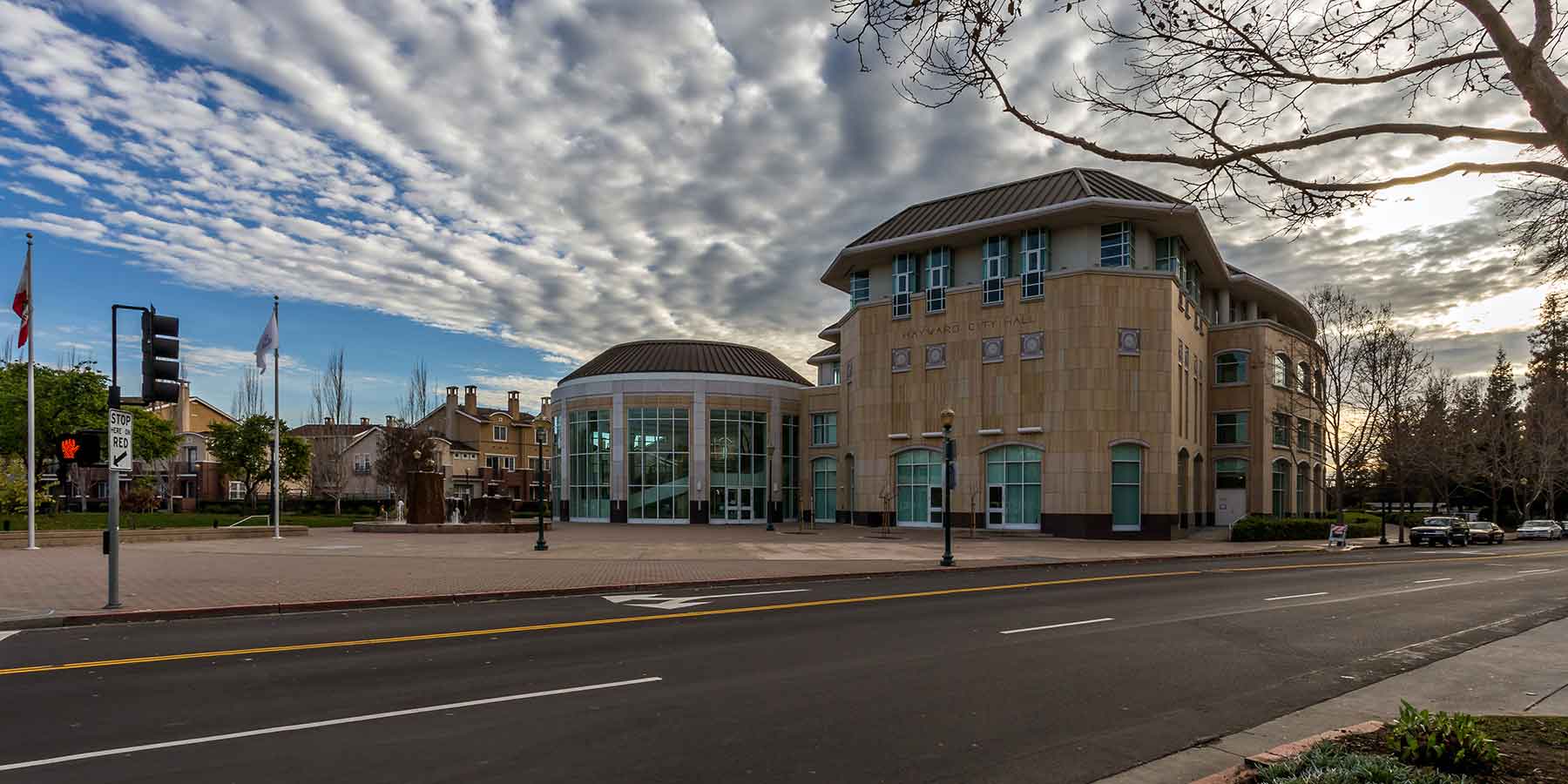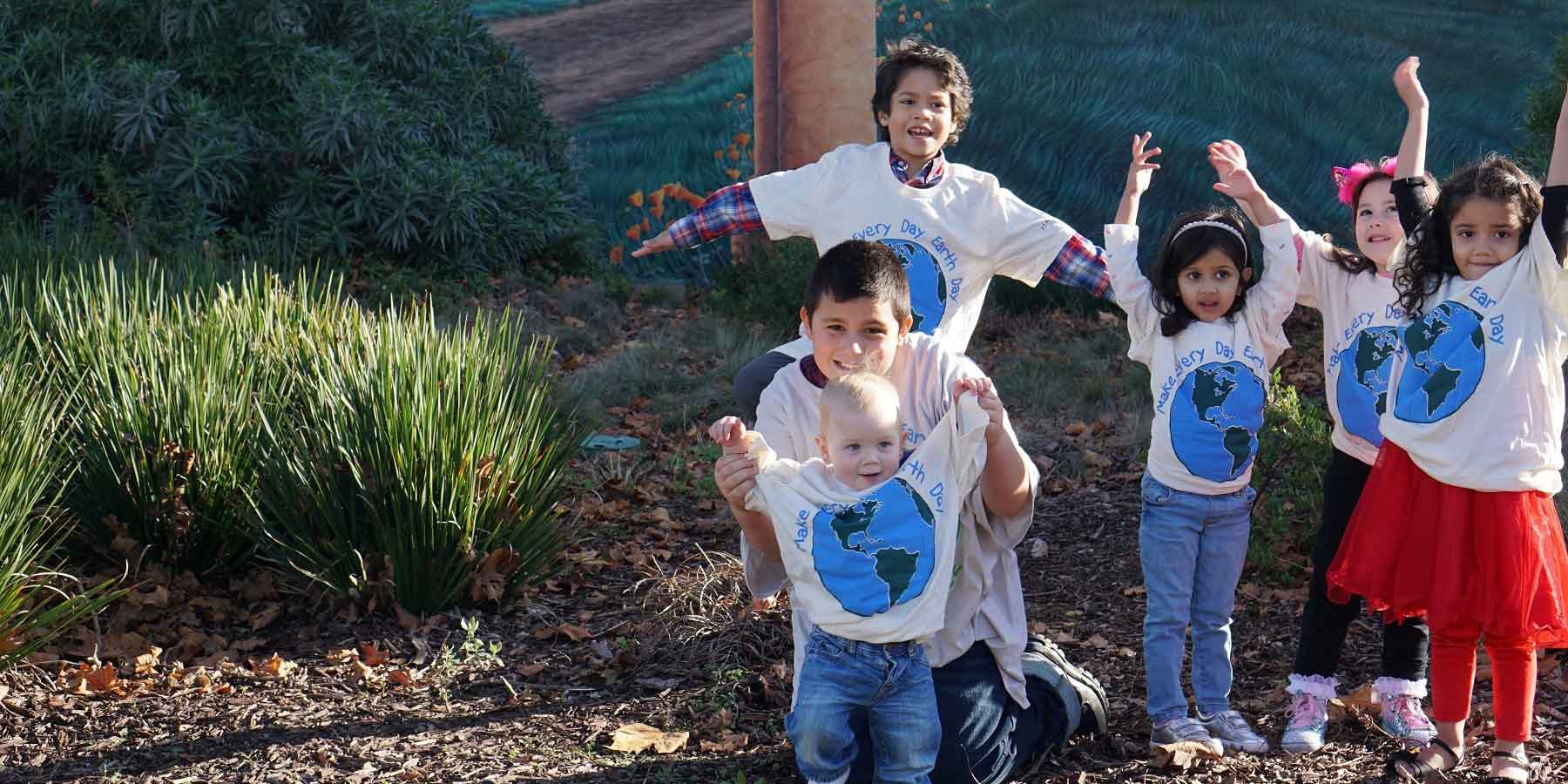Hayward Recycled Water Project
In 2022, the City of Hayward began providing recycled water for irrigation of parks, schools, roadway medians, and landscaped areas around commercial and industrial buildings.
Bringing Recycled Water to Hayward
Recycled water is produced from wastewater that is collected from homes and businesses within Hayward and treated at the City’s Water Pollution Control Facility. Recycled water has undergone treatment ensuring it is safe for a variety of non-drinking uses. For more information on recycled water, see our Frequently Asked Questions.
In California, the State regulates the production and use of recycled water, and has adopted strict regulations to protect the public from any potential risks. Recycled water is routinely tested to ensure compliance with stringent water quality standards and can only be delivered to customers if it meets all requirements.
Community Benefits
Every gallon of water that is recycled saves a gallon of drinking water, and reduces the volume of wastewater discharged to San Francisco Bay. Here are some more benefits of recycled water:
- Creates a locally sustainable water supply that will remain reliable during droughts
- Conserves drinking water
- Reduces treated wastewater discharges to the San Francisco Bay
- Keeps Hayward landscaping green
Project Facilities
Phase I of the Recycled Water Project involved the construction of a one million-gallon tank, a 1.6 million gallons per day (mgd) pump station, and a 0.5 mgd membrane treatment plant at the City’s Water Pollution Control Facility, as well as approximately 8.5 miles of distribution pipelines capable of delivering an estimated 260,000 gallons per day (about 290 acre-feet per year), of recycled water to approximately 32 Phase 1 customers.
In 2023, approximately 168,000 gallons per day (about 188 acre-feet per year) of recycled water was used for irrigation of parks, schools, and landscaped areas around commercial and industrial buildings. The City is evaluating the feasibility of expanding the use of recycled water to serve additional users in the future.
Phase 1 Service Area
Construction of recycled water pipelines to serve customers in the Phase 1 service area began in June 2018 and was completed in the spring of 2019. The tank and pump station construction was completed in 2019, and the treatment plant was completed in 2020. Recycled water deliveries to Phase 1 customers began in March 2022.
Recycled Water Rates & Guidelines
Frequently Asked Questions
What is recycled water?
Recycled water is highly-treated wastewater that has undergone multiple levels of treatment to meet stringent quality and safety standards so that it can be used in the City for landscape irrigation, as well as commercial and industrial purposes. In California and across the U.S., recycled water is being used for applications such as irrigation for parks, playgrounds, athletic fields, golf courses and other landscaping, as well as wildlife habitats. It is also used for toilet flushing, water features, cooling, dust control, industrial processing, and other uses. Recycled water reduces the amount of drinking water required for non-drinking uses.
Is recycled water kept separate from drinking water?
Yes! The City’s recycled water distribution system is completely separate from the City’s drinking water distribution system. Pursuant to state law, recycled water facilities and infrastructure must be clearly distinguishable from other water facilities and infrastructure to avoid mixing of supplies. Pipes and components are colored purple and labeled to indicate recycled water. A comprehensive evaluation and physical test of each customer’s water system is conducted prior to beginning recycled water service, to verify complete separation of the drinking and recycled water systems.
What is Hayward's Recycled Water Program?
The Recycled Water Program provides a locally sustainable and drought-resistant supply of recycled water to commercial and industrial customers for irrigation. Phase I of the City’s Recycled Water Project has been completed and includes a one-million-gallon storage tank and pump station at the City's Water Pollution Control Facility (WPCF) and approximately 8.5 miles of distribution pipelines and customer connections. The recycled water system currently delivers an estimated 188 acre-feet per year, or about 168,000 gallons per day of recycled water to about 31 customers for irrigation use at parks, schools, businesses, and industrial parks – all within a three-mile radius of the WPCF.
Based on further evaluation and customer interest, future phases may provide recycled water for additional commercial, and industrial uses. The City of Hayward currently does not provide recycled water to residential customers.
How is Hayward's recycled water treated?
Recycled water is produced from wastewater collected from homes and businesses in Hayward. The wastewater flows through underground pipelines to Hayward’s WPCF, where it undergoes rigorous treatment processes to produce recycled water that complies with stringent federal, regional, and state water-quality standards. During primary treatment, solid matter is settled out of the wastewater. Secondary treatment uses beneficial bacteria to digest and remove organic contaminants from the wastewater that is then disinfected using chlorine. Lastly, during the tertiary treatment process, the water receives additional filtration and disinfection. The result is recycled water that can safely be used for commercial and irrigation purposes in Hayward.
To ensure a consistent level of safety, recycled water is regulated and monitored by the California State Water Resources Control Board’s Division of Drinking Water, and Regional Water Quality Control Board. As required by these agencies, the City’s recycled water is continuously monitored and tested to ensure the quality meets all regulatory requirements. Only recycled water meeting all standards can be distributed to customers.
Where else is recycled water being used in Hayward?
In July 2014, Russell City Energy Center, located adjacent to Hayward’s WPCF, began operation of a Recycled Water Facility, which further treats secondary treated recycled water provided by Hayward to tertiary levels for use in cooling towers and boilers.
What does Hayward's Recycled Water Ordinance require?
In December 2015, the City adopted a Recycled Water Ordinance, requiring the use of recycled water for appropriate irrigation, commercial, and industrial uses. New developments in the Recycled Water Service Area will be reviewed for the potential to use recycled water for appropriate uses, and may be required to do so, as a condition of approval.
What is Hayward's recycled water rate?
Recycled water rates have been established to pay for treatment and delivery of recycled water to customers. The rates have been determined through an assessment of revenue requirements and anticipated recycled water volumes. Bimonthly recycled water bills consist of two parts: 1) the fixed service fee, which pays for services that do not vary with the volume of recycled water purchase, such as meter maintenance; and 2) the recycled water usage fee, which pays for costs associated with water consumption, such as the pipeline maintenance and energy related expenses.


